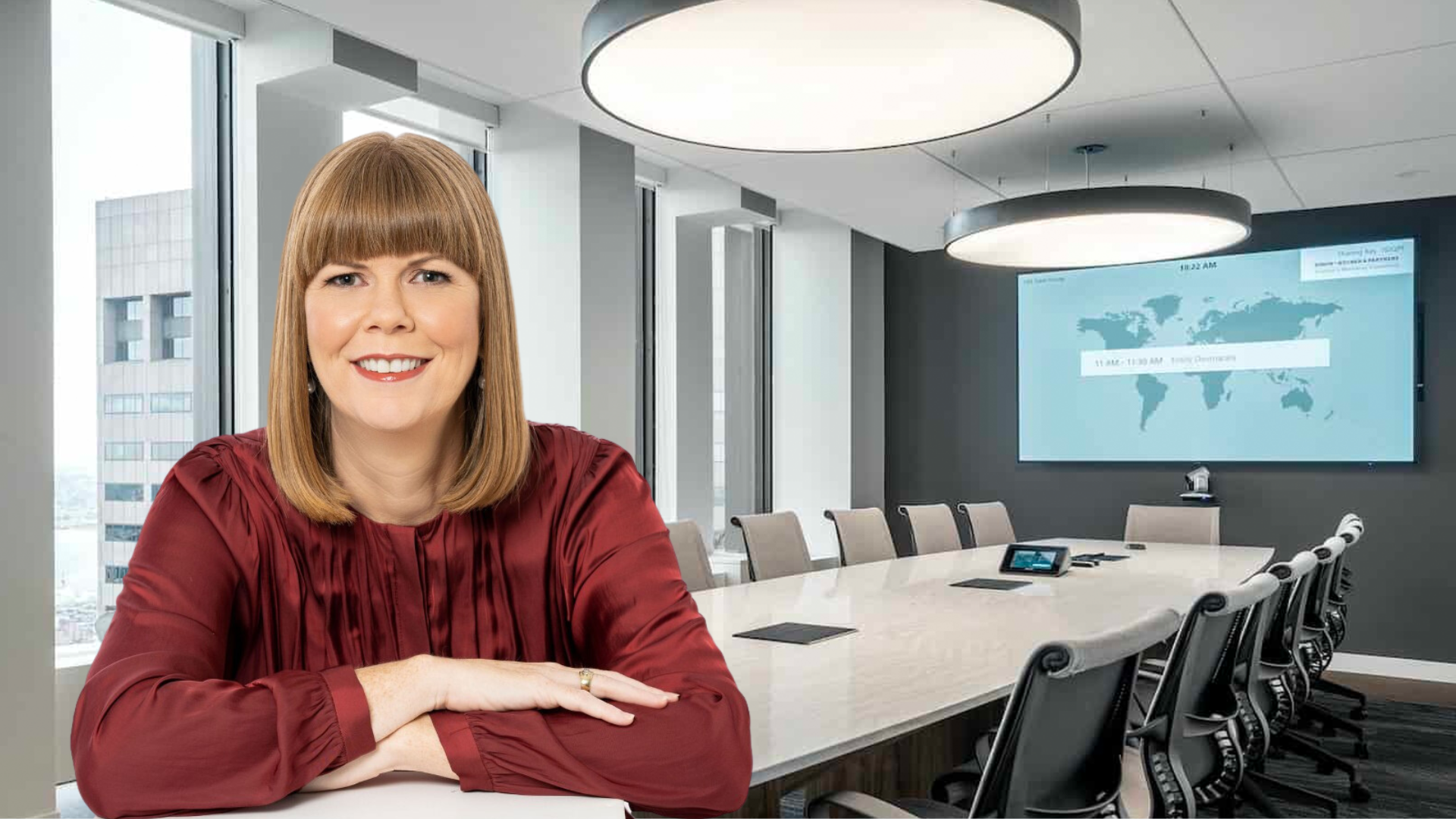Get to know independent director, mentor and angel investor Debra Hall
BoardPro is excited to introduce Debra Hall, independent director, mentor and angel investor. Hall has extensive experience in the governance field, as well as hands-on industry exposure in the innovation sector. She understands the challenges facing Boards and directors, particularly as they are starting out, and is ready to provide guidance and a firm hand to help them reach their goals. Drawing on her background in engineering – she received her Bachelor's in Engineering and Metallurgical Engineering (Extractive) from the University of the Witwatersrand in 1979 - Hall now helps organisations overcome barriers to reach their full potential. She is known for her no-nonsense approach and clear directions, working to strengthen strategic skills, put into practice good governance operations and encourage evidence-based decision-making. Hall has additionally been recognised for her contributions to the angel investor community, receiving her Arch Angel Award in 2017 for her support of early-stage investors and entrepreneurs.
Drawing on her background in engineering – she received her Bachelor's in Engineering and Metallurgical Engineering (Extractive) from the University of the Witwatersrand in 1979 - Hall now helps organisations overcome barriers to reach their full potential. She is known for her no-nonsense approach and clear directions, working to strengthen strategic skills, put into practice good governance operations and encourage evidence-based decision-making. Hall has additionally been recognised for her contributions to the angel investor community, receiving her Arch Angel Award in 2017 for her support of early-stage investors and entrepreneurs.
BoardPro was eager to speak with Hall to gain her insight on issues facing Boards, particularly when it comes to strategic decision-making and innovation. We spoke to her about how to harness good governance practices, as well as the current environment in the industry and how companies can make the most of their strength as a team through effective strategy – especially during their founding stage.
Q: What factors are vital for establishing good governance practices early on in an organisation?
Firstly, the company founders need to be aware of what governance can offer them, particularly in terms of sharing the load of responsibility for the progress of the business. Building a business is a team sport – and the establishment of a Board of directors should be a significant (albeit part-time) addition to the team.
The business itself needs to be governance-ready. While many directors are very willing to take on the risks associated with being on the Board of a startup, it will be hard to attract the right people if the business is not technically solvent, or is grappling with issues (for example, team conflicts) that are likely to block progress.
Most importantly, the founders need to be open to the guidance and "direction" that directors provide. Not all founders are willing to give up the absolute control of their business – for them, maybe an advisory Board presents a half-way-house towards understanding why governance is a huge opportunity and not a threat!
Q: What changes can Boards implement to increase their effectiveness and innovative capacity?
Board refreshment is incredibly important – and I don't mean tea and scones! Boards get stale over time, and directors get bored (or out of their depth if the company is growing fast or has pivoted from its original purpose).
In the startup space where I mostly operate, if things are going well, I would expect directors to reconsider their fit with the company every two to three years. Are you still the right person for THIS Board? Do your skills and experiences remain relevant (or were they ever) for the next stage of this company's growth?

Refreshing the Board is, in my view, the best way to continue improvement in governance effectiveness. That should, of course, be coupled with a commitment from existing directors (new and old) to continued professional development – we all need to be constantly learning, and sometimes that learning is not so much the formal courses and seminars but rather the informal sharing of experiences and challenges with our peers from similar governance roles.
Innovative capacity, I think, is really about Board recruitment – are we recruiting the right people to the Board, who bring a level of expansive thinking about solutions to not just current but future problems the company might face. And once we've recruited those people, do we make space for their sometimes maverick views at the Board table?
Q: How should Boards that are just starting out be optimising their meeting time?
I think making the most of the time available in Board meetings is a challenge for many Boards, not just those starting out. It really is in the hands of the Board chair and not just during the meeting.
It starts with the agenda – a collaboration between the CEO and the Chair usually – and ensuring that expectations are set about how much time is available in the meeting and what can realistically be achieved.
Of course, when a Board is just starting out, the Chairman might not know whether they have a Board of talkers or thinkers, so judging time to allow for discussion might be hard to begin with. I see the role of the Board chair as making sure that the company gets value from every Board meeting and that the people at the table are able to add value individually.
As a chair, I tend to think of my fellow directors as two types – those who think to talk and those who talk to think. The latter can be a problem timewise because they need to talk out their thoughts before they reach their own point of conclusion, whereas the former need space to insert their points once they've thought them through.
Q: What are your top tips for practising good governance within an organisation, both at inception and once established?
For the directors, be courageous, be decisive. This is not the place to be kicking things down the road. And when you feel you're no longer adding value, resign (and help find your replacement) – don't wait to be pushed.
For the organisation, pay a LOT of attention to who you put on the Board. They need to be right for you, and share your values, and your excitement about what your organisation is trying to achieve. And they need, collectively, to tick off the skillset that this organisation needs to move forward into the future.
Q: What challenges do you see Boards facing most often when it comes to effective decision-making strategy? How can they work to improve this?
Effective decision-making only happens when the Board members have the right level of risk appetite for the type, age and stage of the business. Management can help by providing clarity (as opposed to providing "all the available information") – a team that drowns its Board in the details is unlikely to enjoy decisive support from the directors.
Where there are important and/or contentious issues to be considered, it's helpful to pre-empt the discussion at the Board table with briefings or information provided well in advance.
And again, the Chairman has a hugely important role to play in getting the Board to a place of decision. Remember those decisions do not need to be unanimous – but all directors must be willing to commit to supporting the decision that the Board has made (by majority vote if absolutely necessary).
In reality, if your Board has to go to a vote on most decisions, you probably have the wrong people at the table, or you are not allowing sufficient time for them to reach a consensus by challenging each other's views and opinions.
Q: How can Boards, leaders and investors protect the success of their organisation in the rapidly-shifting industry while contending with factors such as the pandemic, climate change and supply chain challenges?
Don't panic!
Change is fundamental to growth, and yes, it certainly seems that we've had more than our fair share of change recently.
Some of these challenges are things that we literally have no control over – they're done to us – but others are within our ability to influence and even harness to our advantage.
I know it's a cliche - but knowledge really is power, and the more you know, the more you inform yourself about your company, the industry and its place in the world, the better you will be at building a strategy for success.
And then accept that there are some things you simply can't change – and these you just need to navigate as best you can.
Q: What direction do you see leadership and operational styles moving in within this decade?
Leadership today is all about engaging and inspiring people – so different from the 'command and control' approach that was prevalent when I started work many decades ago.
Maybe it’s because the actual mechanics of running a company have become easier and more automated, that competitive advantage has shifted to our ability to attract and retain the best talent - and inspire them to do their best, most meaningful work in support of our vision for the organisations we lead.
Q: As a BoardPro user/partner, please share why BoardPro's software is such a valuable tool for Boards and organisations
I've been using BoardPro for many years. It's such an accessible tool for organisations to bring their governance all into one platform, with great records, and easy to use for all but the most technology-resistance directors (a dying breed, I hope). Most of the companies I work with don't have the luxury of having an in-house Company Secretary, so the administrative tasks around running the Board fall to a part-timer or sometimes to the Board chair themselves. With BoardPro, it's all just so much easier.
Schedule a demo with our team today and begin to experience a whole new way of meeting.
Share this
You May Also Like
These Related Stories
.png)
Introducing Kerryn Newton

Meet Sonya Beyers, founding director of Governance by Design
.png)


